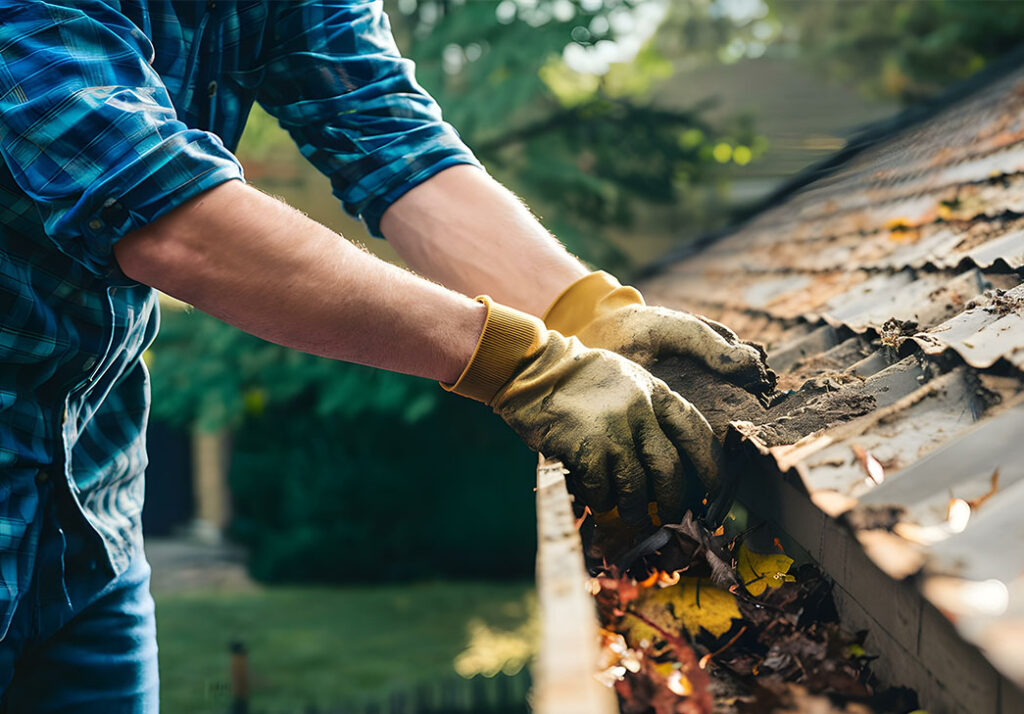Did you know that over the past 15 years, natural disaster claims in Canada have more than quadrupled? In 2023 alone, the Canadian insurance industry paid out a staggering $3.1 billion in claims due to natural disasters like floods and wildfires. That’s a hefty sum, and it’s impacting all of us with higher insurance premiums and difficulty in getting the right protection for our homes and businesses. There are steps we can all take to minimize the impact of weather-related damage caused by intense storms and wildfires and help keep our homes safe and secure.
Here are five easy tips to help you minimize the impact of extreme weather events:
Free Fixes
Check out the Three Steps to Home Flood Protection worksheet from the Intact Centre on Climate Adaptation at the University of Waterloo. It's a simple guide outlining regular maintenance you can do twice a year, like clearing debris from storm drains and checking for leaks in plumbing and appliances, that help you avoid potential surprises down the road.
Small Investment, Big Impact
Spending less than $250 can go a long way. Protect window wells with covers, extend downspouts away from building foundations, and store valuables in watertight containers. Installing flood alarms is also a smart move.
Long-Term Solutions
Invest a bit more for long-term flood fixes. Hire contractors to slope yards away from foundations, add window wells above grade, and install sump pumps and backwater valves for added protection.
Control the Burn
Minimize fire risk by maintaining a safe zone around your home. Prune tree branches at least 2.5 metres above ground, store firewood away from the house, and avoid using combustible materials, such as wood chips, in landscaping.
Start Strong
If you're building a new home, choose materials and methods that can withstand regional weather risks. Consider hail-resistant roofing, non-flammable siding, and underground drainage systems to keep water away from foundations.
Remember, climate change is everyone’s responsibility, but by taking proactive steps, we can make our homes more resilient and reduce the likelihood of weather-related insurance claims. Stay safe and protected!
Not sure what your home insurance policy will cover? Don’t wait for disaster to strike. Contact your broker to discuss your policy and review its limitations.




